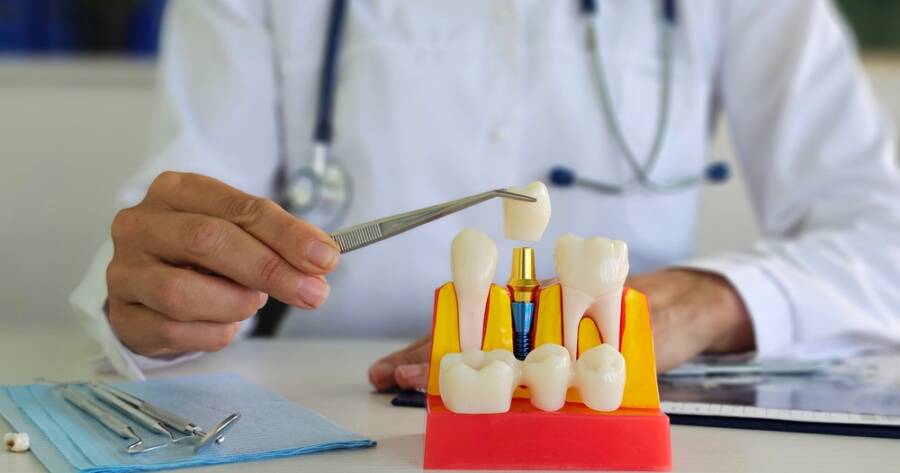Dental implants can restore a smile, improve chewing, and boost confidence. However, the cost can be high, making them out of reach for many people. Fortunately, dental implant trials offer a way to receive treatment at a lower cost. Understanding how these trials work and how to qualify can make a big difference for those seeking dental implants.
What Are Dental Implant Trials?
Dental implant trials are research studies that test new approaches in implant dentistry. They may focus on different implant materials, surgical techniques, or healing times. The goal is to improve treatment while ensuring safety and effectiveness.
Universities, dental schools, and research institutions often conduct these trials. Participants may receive implants at a reduced cost or even without charge. In exchange, they agree to follow specific study guidelines and attend follow-up visits.
Since trials follow strict safety regulations, patients receive high-quality care. Researchers carefully monitor each step to ensure the best possible outcomes. These studies not only help individuals but also contribute to advancements in dental health.
Who Can Qualify for a Dental Implant Trial?
Each trial has its own requirements, depending on what researchers are studying. Some trials look for people with missing teeth who are in good general health. Others focus on specific conditions, such as bone loss or gum disease, to test new solutions.
Age can also be a factor. Many studies require participants to be adults, but some may include older patients with unique dental needs. Lifestyle habits, such as smoking, may affect eligibility since they can impact healing.
The best way to find out if you qualify is to check trial listings and speak with researchers. A screening process will determine if you meet the study’s needs. If selected, you’ll receive detailed information about the procedure, risks, and benefits.
Where to Find Dental Implant Trials
There are several ways to locate ongoing dental implant trials. Many universities and dental schools conduct research, and their websites often list current studies. Contacting a local dental school can be a great way to find available trials.
Government websites, such as ClinicalTrials.gov, provide updated lists of medical studies. Searching for “dental implants” can show active trials in different parts of the country. Some private research centers and dental organizations also recruit participants for studies.
Speaking with your dentist can be helpful as well. Some professionals stay informed about research opportunities and can guide you toward a trial that fits your needs. Since these studies fill up quickly, early application increases your chances of being selected.
What to Expect During a Dental Implant Trial
Participating in a dental implant trial involves multiple steps. First, researchers conduct a thorough screening to ensure you meet the study’s requirements. They will review your medical history, take dental scans, and explain the details of the procedure.
Once approved, you will receive treatment based on the study’s focus. Some trials compare different implant materials, while others test new surgical techniques. Throughout the process, specialists carefully monitor your progress to ensure safety and success.
Follow-up care is a key part of these trials. Participants must return for check-ups so researchers can track healing and implant performance. These visits help ensure the procedure’s long-term effectiveness while providing patients with continued dental care.
Are Dental Implant Trials Safe?
All dental implant trials follow strict guidelines to protect participants. The U.S. Food and Drug Administration (FDA) and institutional review boards oversee studies to ensure ethical treatment. Researchers follow approved protocols, and all procedures are performed by qualified professionals.
Since these trials involve new techniques or materials, there may be some risks. However, participants receive detailed information before agreeing to take part. Researchers also provide ongoing care to address any concerns that may arise.
Many patients find the benefits outweigh the risks. The average cost of a single dental implant in the U.S. ranges from $1,200 to $3,000, including surgery and materials. By participating in clinical trials, patients can receive implants at a significantly reduced cost.
Is a Dental Implant Trial Right for You?
Dental implant trials offer an opportunity to receive treatment at a lower cost while contributing to medical advancements. They are ideal for individuals who meet eligibility requirements and are comfortable with a research setting.
If you are considering this option, researching available studies and discussing the risks with a dental professional is important. Trials can provide affordable access to implants while improving the future of dental care. By taking part, patients can regain their smiles while helping researchers develop better treatments for others.




